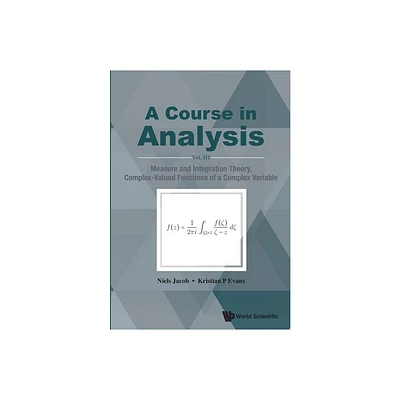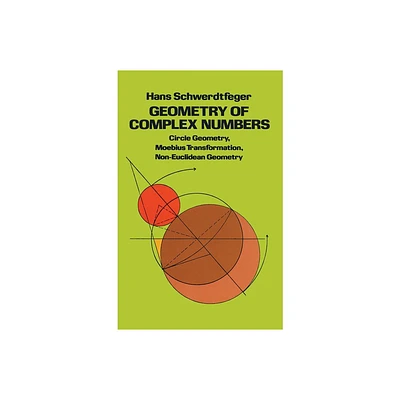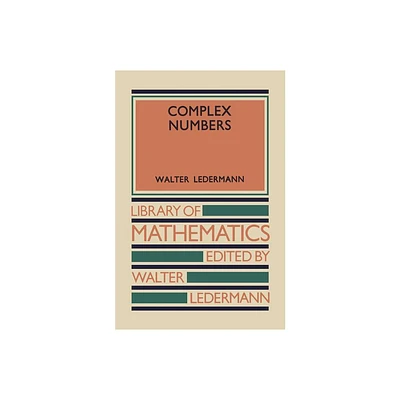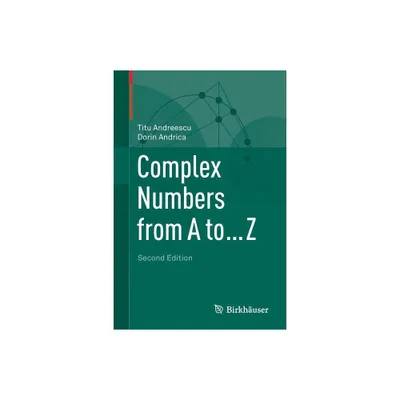Home
Integration with Complex Numbers: A Primer on Analysis
Loading Inventory...
Barnes and Noble
Integration with Complex Numbers: A Primer on Analysis
Current price: $74.00


Barnes and Noble
Integration with Complex Numbers: A Primer on Analysis
Current price: $74.00
Loading Inventory...
Size: Hardcover
*Product Information may vary - to confirm product availability, pricing, and additional information please contact Barnes and Noble
Complex analysis, more than almost any other undergraduate topic in mathematics, runs the full pure/applied gamut from the most subtle, difficult, and ingenious proofs to the most direct, hands-on, engineering-based applications. This creates challenges for the instructor as much as for the very wide range of students whose various programmes require a secure grasp of complex analysis. Its techniques are indispensable to many, but skill in the use of a mathematical tool is hazardous and fallible without a sound understanding of why and when that tool is the right one to pick up. This kind of understanding develops only by combining careful exploration of ideas, analysis of proofs, and practice across a range of exercises.
Integration with Complex Numbers: A Primer on Complex Analysis
offers a reader-friendly contemporary balance between idea, proof, and practice, informed by several decades of classroom experience and a seasoned understanding of the backgrounds, motivation, and competing time pressures of today's student cohorts. To achieve its aim of supporting and sustaining such cohorts through those aspects of complex analysis that they encounter in first and second-year study, it also balances competing needs to be self-contained, comprehensive, accessible, and engaging - all in sufficient but not in excessive measures. In particular, it begins where most students are likely to be, and invests the time and effort that are required in order to deliver accessibility and introductory gradualness.
Integration with Complex Numbers: A Primer on Complex Analysis
offers a reader-friendly contemporary balance between idea, proof, and practice, informed by several decades of classroom experience and a seasoned understanding of the backgrounds, motivation, and competing time pressures of today's student cohorts. To achieve its aim of supporting and sustaining such cohorts through those aspects of complex analysis that they encounter in first and second-year study, it also balances competing needs to be self-contained, comprehensive, accessible, and engaging - all in sufficient but not in excessive measures. In particular, it begins where most students are likely to be, and invests the time and effort that are required in order to deliver accessibility and introductory gradualness.


















